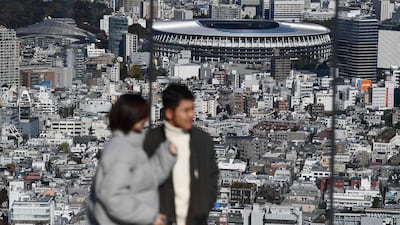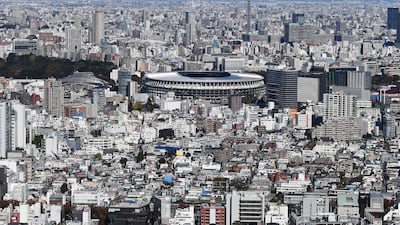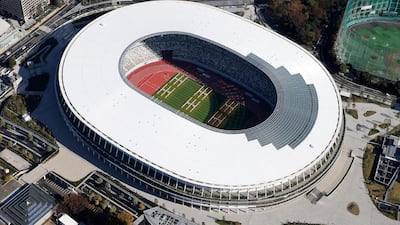Tokyo Olympics organisers stated they have found ways to save $280 million by simplifying and cutting some expenses for next year’s postponed games.
The report came as the International Olympic Committee executive board met on-line with officials in Japan on Wednesday.
The savings represent about two per cent of the official Tokyo Olympics budget of $12.6 billion.
A national audit last year indicated the real costs might be twice as high as the officials numbers. And the University of Oxford published a study last month arguing Tokyo is the most expensive Summer Olympics on record.
Gakuji Ito, the chief financial officer of the Tokyo Olympics, acknowledged the cost-savings figure was only an estimate.
"How we calculated the cost reductions is something that is unprecedented and it is an initiative no one has every experienced," Ito was quoted as saying by the Associated Press. "From an administrative perspective, we struggled hard."
About 50 proposed cuts were listed on a detailed document from the organisers. Among them were: changes in equipment and re-configuring venues; fewer decorative banners; a 10-15 per cent reduction in “stakeholders” delegation sizes; fewer shuttle buses; reduction in hospitality areas; suspension in production of mascot costumes; and cancellation of official team welcome ceremonies.
No cuts are planned for the number of sports or the number of competitors.
Also largely untouched will be the opening and closing ceremonies, the heavily sponsored 121-day torch relay, and competition areas that will be seen on television broadcasts.
Even as organisers talk of finding cost reductions, they are unable to give a figure for the overall cost of postponement. Some estimates suggest it could be several billion dollars.
“We apologise, but we believe it would be misleading to announce the additional costs,” Ito said when asked, adding he hoped to “give some type of information” on this by the end of the year.
Most of the bills for the Tokyo Olympics and the postponement fall on Japanese taxpayers. About $5.6 billion in the Tokyo Olympics budget is private money, and about $1.3 billion of that comes from the IOC. The IOC has also said it will chip in $650 million to defray the cost of postponement.
The rest of the spending — at least 60 per cent and possibly more — is from the national government, the Tokyo metro government and several prefectures.














